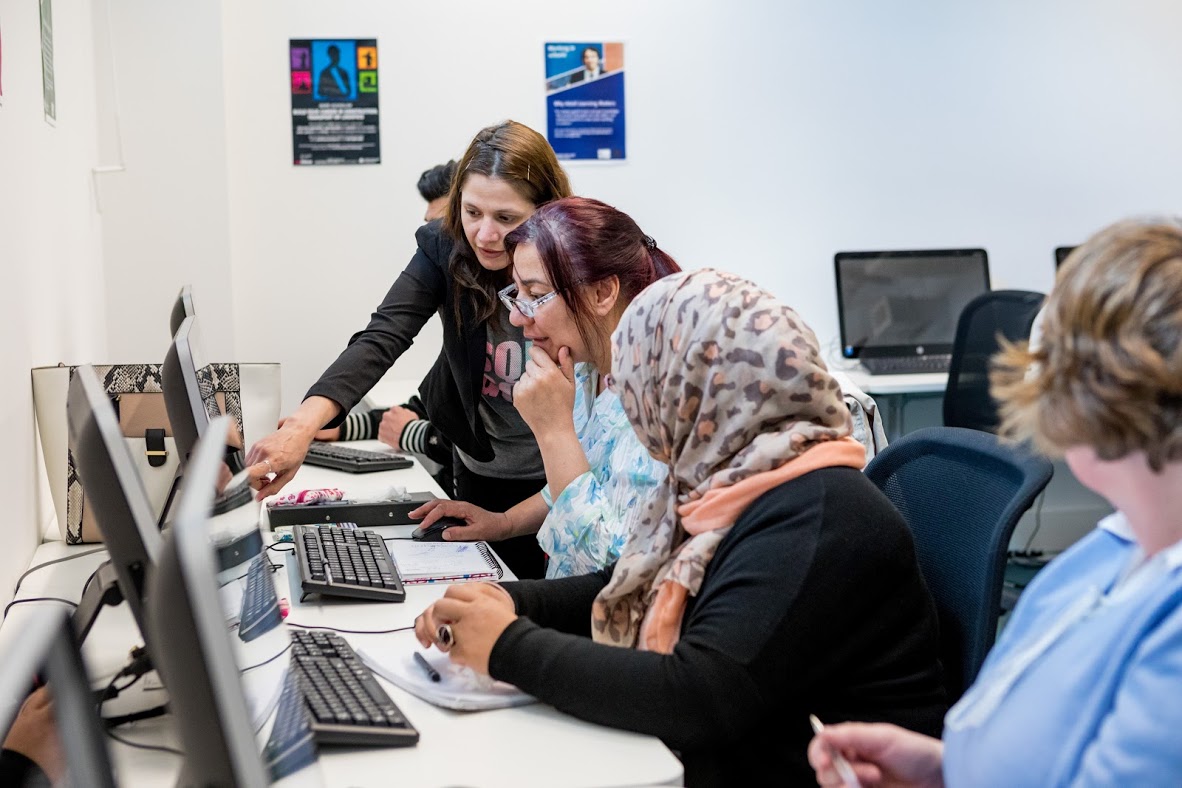Safer Internet Day: six online resources to help students use the internet safely
In preparation for Safer Internet Day on 6 February 2024, Martine Ellis shares resources to help teachers and trainers support their students in navigating the digital world safely and responsibly.
Regardless of the age of our students, we have a responsibility to ensure they are equipped with digital literacy skills; they must be able to navigate the online world safely and responsibly. With Safer Internet Day on the horizon, let’s explore some helpful resources.
1. UK Safer Internet Centre
The UK Safer Internet Centre is a leading global partnership providing support and services to children, young people, adults, and professionals working with children. Their easy-to-navigate website features a comprehensive selection of resources for trainers, teachers and school staff. The partnership has been running Safer Internet Day since 2017.
2. SWGfL
SWGfL is a UK charity that aims to ensure everyone can benefit from technology free from harm. Part of the UK Safer Internet Centre, the charity advises education providers, public bodies and industry on safeguarding matters and online safety policies. The SWGfL website features many helpful resources specifically designed for educators; the AI hub is particularly useful in the current climate.
3. Internet Matters
Internet Matters supports parents and professionals with resources and expert guidance to help them navigate the world of child internet safety. If you work with young people, the website is a helpful resource hub, particularly the section about supporting teens aged 14+.
4. The Cybersmile Foundation
The Cybersmile Foundation is a multi-award-winning nonprofit organisation committed to digital wellbeing and tackling all forms of bullying and abuse online. Their online help centre includes resources on the topics of cyberbullying, digital abuse, gaming, mental health and online harassment.
5. Cyber Aware
Cyber Aware is a National Cyber Security initiative to help the general public avoid cyber attacks. The website features simple step-by-step guides to help protect emails, back up data and use effective passwords; these guides could be useful learning resources for older students.
6. BBC Reality Check
BBC Reality Check helps students develop critical thinking by learning to identify misinformation and bias online. With engaging articles and interactive quizzes, it's a practical resource for encouraging mindful internet use.
Safer Internet Day reminds us of our responsibility to help make the Internet safer. These resources give teachers and trainers the tools to teach students about staying safe online. Let's use them to keep everyone, from young learners to adults, safe as they explore the digital world.
Martine Ellis (FSET ATS) is a writer, speaker, and trainer specialising in professional development and wellbeing-driven productivity.

Looking for more online safety training?
Check out ETF’s range of digital safeguarding courses:




